1. Nasal Voice - Nasal Nelly
People often ask me what the worst vocal quality is, and I'd have to say, hands down, it's a nasal voice. It doesn't matter if you speak Russian, Polish, Japanese, American English, Canadian English, or Inuktituk, nasal voices win the "sounds like a cat scratching a blackboard, that had a baby with the wicked witch" prize.
Need I say more? Well, can it be changed? Yes, you can do exercises to adapt the voice. For starters, to throw a nasal voice, the tongue has an awful lot of unnecessary tension in it. A lot of the work to correct a nasal voice involves releasing tongue tension and working with vocal placement.
2. Vocal Fry - A Gravel Truck had a baby that talks
Vocal Fry became popularized as being 'normal' when the Kardashians lit up the screen. This particular vocal habit has infiltrated a lot of casual speaking. Is that a problem? Well, it's not a problem if you like the idea of your abdominal wall and pelvic floor flapping in the breeze like some lost plastic grocery bag on a windy day.
Vocal Fry is also extremely distracting if you're trying to convey any ideas of real importance. It inherently has a very weak energy to the voice, which makes it hard for the listener to connect if it's a complex topic. People's bodies breathe a bit like yours when you deliver an idea. It's a concept called rhythm entrainment. If you're just buying drinks, no one really cares how you speak.
Invest in Adult Diapers now, they will pay off dividends when the Vocal Fry generation turns 55.
Vocal Fry can be corrected with better breath support and a stronger focus on continuity of phrasing, and better development of resonance.
3. Upspeak -Why? Is everything? A question?
Upspeak, the art of making every statement a question. Upspeak is when a speaker flips their voice up in pitch at the end of a sentence, even if it is written with a period at the end.
Upspeak is a very Canadian habit. If you're a Canadian reader, take note, this may affect you. Look for places where you flip the inflection up at the end of a sentence. It conveys a certain lack of conviction in the topic you are speaking about, and also undermines credibility and confidence.
If you use upspeak frequently, you may come across as uncertain of the validity of your ideas.
Upspeak is a tricky, sneaky habit to correct, and taping oneself regularly helps to bring awareness to the habit, which is the first step. The second step is learning to manage pitch.
4. mumbling - mmflleimslisub... what did you say?
Mumbling is one of the more challenging speaking habits to break, because it's a deeply ingrained form of sloppy enunciation. You don't have to speak 'Posh' British English to articulate your vowels and consonants to a degree that others can comprehend what you are saying.
If people are constantly asking you to repeat yourself, you may be a mumbler.
You'll need to learn to take a breath, slow down, and listen to yourself when you speak. Mumblers are a bit like rabbits who try to talk to the outer world, but want to stay hidden in the rabbit warren. Get a voice coach to walk you through the transition.
5. Adult Women with child-like voices
This category is more about the person who is speaking being annoyed by their own voice, rather than annoying others. Some women have such child-like voices that if they answer the phone, they often get asked, "Can I speak to your mother or father?"
One CEO I worked with had this problem, and in a short couple of sessions, she had integrated her full womanly voice. Clients and vendors stopped asking her to put an adult on the phone when she answered the phone at her office, which, as you can imagine, was a huge relief.
Another woman was told not to answer the phones at her place of work, a bar, because it could cause problems with people thinking children were at a drinking establishment. When she changed careers, we sorted her out in 2 hours, and got her big adult voice engaged. She was picked out of a very select group for an extremely challenging position at work, and she LOVES her new job, which takes her travelling all over the world.
Yes, it can be corrected, by either a voice coach who understands the issue, and by some speech pathologists who's work encompasses that focus.

